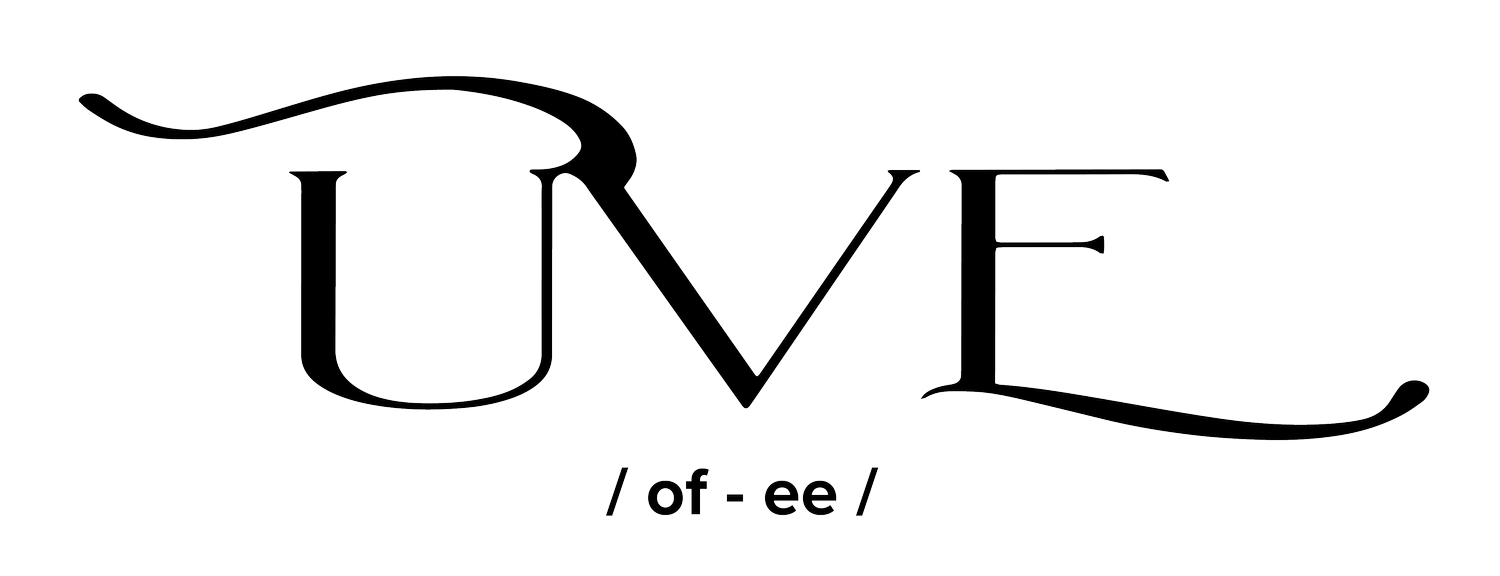The Real Work of Transformation
Dear Friends,
When I heard Bayo Akomaolafe speak, while attending an online workshop described as a "generative framework for understanding trauma," he immediately held my complete attention. I sat up straighter. I listened in the way we listen when we hear something deeply true for the first time.
Someone is putting into words something we've always known, deep in our bones, but never heard spoken until that moment.
This workshop on a new framework for understanding trauma was incredible in its paradigm-shifting power for me, and I have so so many notes and great quotes, a few of which I will share with you today because they invited such exploration, such creative destruction of ideas that I held, but needed to die.
There is one thread of conversation from this online workshop, attended by more than 350 people around the world, that I want to pull on today, and share with you, so that we may use it to weave something beautiful.
As Bayo says, “Take these ideas in slowly, chew them slowly, spit them out if you want. It is simply an offering to you, my friends.”
What I want to talk about is this business we are in - the business of transformation.
There is an essential part of change that is often outsourced, overlooked, ignored, and almost always bypassed. This is the painful stage, the stage of struggle, of uncertainty, of confusion, unclarity, of death and loss. From my vantage point at the Savory Institute and UVE, in many conversations regionally and globally, I see this pattern of bypass in the regenerative movement.
We want the new growth, we want the new opportunity, we want the beautiful, biodiverse fields with sunlight streaming through green grass and butterflies hovering above blooming flowers. We want abundant revenue and meaningful relationships.
Perhaps we are all doing ourselves and the movement a disservice by focusing so much on these outcomes, when the real work to get there, feels and looks almost completely the opposite. It looks messy, ugly, and of decay.
How do we celebrate this too?
The danger in bypassing the real work is that we miss the point. A yoga teacher in the workshop said that the whole point of a yoga practice is to "learn how to die well." This is never discussed in the "industrial yoga complex," she said. We may get the yoga pants and mat, but we aren't doing the work to prepare to die well.
There is a great temptation in the regenerative movement to bypass the real work, even as the world turns its attention to all of us who have been jumping up and down (and largely ignored) for decades about the importance of soil health, holism, biodiversity, and healthy communities.
I ask, I suggest, that together, we become aware of this invitation to cut corners, to greenwash, to rush things, to continue to build reductionist, extractive systems and structures, and then paint them with pretty new regenerative-looking colors.
Let’s sit in the confusion and move slowly instead.
In this month of shedding in the Northern Hemisphere, when some say the veil is the most thin between the spirit and material worlds, I am pondering this:
How do we celebrate the real work of transformation?
Where are the pictures of our land and work that we take but don't want to put in fancy presentations?
What are we exiling, excluding, outsourcing, externalizing, and how can we invite it in, and celebrate it?
What do we need to help die well--to be brought back to the Earth and composted?
These quotes from Bayo (and Kristin Mathis) echo in my mind as I stack the firewood, press the apples, can the tomatoes, cover the garden beds, and generally do the work of this season of transition, of transformation.
How is the wound a creation event?
When we encounter an obstacle, honor the monster in the path.
Come to touch these matters slowly. Let them do their work. They will not fit in neatly with the ways we understand the world. When things don't fit--it is time for radical hospitality, and an opportunity to shapeshift and become something different.
Every displacement, every opening, every crack, comes with its own god--meaning potential for the sacred.
Don't put a bandage on that crack--what if your grandmother is trying to get through?
Modern culture exiles other ways of being. It is exclusionary.
When we rush, we tend to repeat the things that have us in their trap. We repeat cycles of suffering.
Touch where we are slowly. The work of the trickster is to open up the potential of the present. The new is innovated in the old.
© 2022, Bayo Akomolafe
What do you see from your vantage point, my friends, as we navigate this new era? What are you working to transform? What is messy for you? Are you willing to show the chaotic kitchen as well as the beautiful cake it produced?
As our harvest season slows, I’m looking forward to the real, slow, wandering conversations with you.
With love,
Abbey




